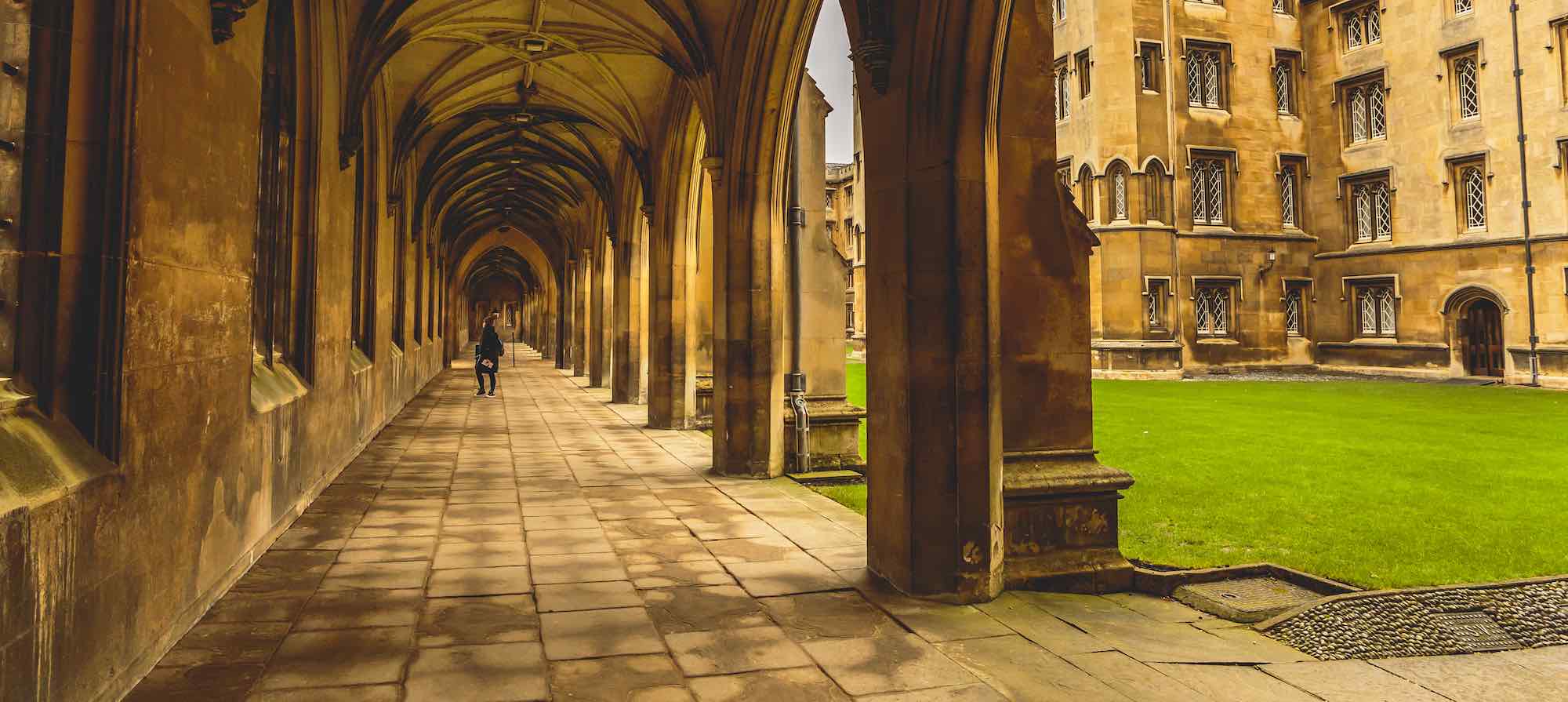More Details: Cambridge Law Summer Schools for Teens (Ages 13–18)
Cambridge offers a focused set of Law summer programmes for 13-15, providing early exposure to structured study and subject-specific development.
Academic Focus and Teaching
The teaching approach in Cambridge’s law-focused summer schools for teens emphasizes critical thinking, analytical skills, and real-world application of legal principles. Instructors, often experienced legal professionals or academics, guide students through discussions on contemporary legal issues, ethical considerations, and foundational concepts in law. This contrasts with typical school provisions that may offer a more general curriculum, lacking the specialized focus and depth that a dedicated law program provides. Engaging with complex scenarios and case studies, students are encouraged to formulate their own opinions and develop persuasive arguments, embedding a strong sense of inquiry and intellectual rigor.
Programme Structure and Student Experience
The structure of these summer schools is designed to foster an immersive learning environment. Students typically experience a blend of interactive lectures and group discussions, allowing for a dynamic exchange of ideas. The rhythm of study is fast-paced yet balanced, with ample time allocated for independent work, encouraging personal reflection and deeper understanding of the material. Classrooms are often collaborative spaces, where students feel comfortable expressing their thoughts and engaging with peers. This environment not only enhances their legal knowledge but also cultivates essential skills such as teamwork and public speaking, ensuring a well-rounded educational experience.
Student Age Groups and Eligibility
The summer schools cater specifically to students aged 13 to 15. This age group is ideal for introducing foundational concepts of law, as participants are often at a stage where they can engage critically with complex ideas and begin to form their own perspectives. The curriculum is tailored to be age-appropriate, ensuring that content is accessible yet challenging, fostering both interest and intellectual growth in the field of law.
What Makes Cambridge Law Summer Schools for Teens (Ages 13–18) Unique
What sets Cambridge’s law summer schools apart is their strong integration of theoretical knowledge with practical application. Unlike many other programs that may focus solely on rote learning, these schools emphasize experiential learning through case studies and simulated legal proceedings. Students are not just passive recipients of information; they actively participate in discussions and role-playing exercises that mirror real-world legal challenges. This hands-on approach, combined with the rich academic heritage of Cambridge, creates an unparalleled environment for aspiring young lawyers to explore their interests in law with depth and enthusiasm.
Choosing the Right Programme or Provider
- Curriculum focus and relevance to legal concepts
- Instructor qualifications and teaching style
- Student engagement opportunities and interactive elements
- Class size and student-to-teacher ratio
- Feedback from previous participants and outcomes
Fees and Course Costs
Fees vary by provider and course.
When you’re ready, you can browse providers or compare courses that match your interests.
Top Cambridge Law Summer Schools for Teens (Ages 13–18) Compared
Last updated:
| Course |
Provider |
Subject |
Location |
Duration |
Fees |
Short Description |
Link |
| Law (The Cambridge Experience) |
Oxbridge Academic Programs |
Law, Humanities, Social Sciences |
Cambridge |
2 or 4 weeks |
$7,395; $12,595 |
Students discover how the British and American legal systems reflect the values and institutions of their respective societies. They consider precedent-setting cases and delve into various branches of legal practice. |
View |
| Law |
Reach Cambridge |
Law, Humanities, Social Sciences |
Cambridge |
2, 4 or 6 weeks |
£6,295.00 – £18,495.00 |
The law provides the framework which governs our individual and collective behaviour. Studying the law is not only an incredibly stimulating intellectual activity, but can provide real insight into the rules and guidelines which shape whole societies. |
View |
| Law in Cambridge for Ages 13-15 |
Immerse Education |
Law, Humanities, Social Sciences |
Cambridge |
2+ weeks |
7495 |
Start your legal journey in Cambridge, home to one of the world’s most prestigious law faculties. |
View |
| Law (13-15 years old) |
Oxford Summer Courses |
Law, Humanities, Social Sciences |
Cambridge |
|
6995 |
The Law Cambridge summer school at Oxford Summer Courses, designed for 13-15 years old students, provides seminars and small group learning and is priced from £6,995. |
View |
| Law in Cambridge for Ages 16-18 |
Immerse Education |
Law, Humanities, Social Sciences |
Cambridge |
2+ weeks |
7495 |
Advance your legal knowledge in Cambridge, a city renowned for shaping legal thought for centuries. |
View |
| Criminology in Cambridge for Ages 16-18 |
Immerse Education |
Social Sciences, Humanities, Law |
Cambridge |
2+ weeks |
7495 |
Examine crime and justice in Cambridge, a city where history meets cutting-edge research. |
View |
| Law (18-24 years old) |
Oxford Summer Courses |
Law, Humanities, Social Sciences |
Cambridge |
|
7595 |
The advanced Law Cambridge summer school at Oxford Summer Courses, designed for 18-24 years old students, provides tutorials and is priced from £6,995. |
View |
| Law (16-17 years old) |
Oxford Summer Courses |
Law, Humanities, Social Sciences |
Cambridge |
|
6995 |
The Law Cambridge summer school at Oxford Summer Courses, designed for 16-17 years old students, provides tutorials and is priced from £6,995. |
View |
| Criminology (The Cambridge Tradition) |
Oxbridge Academic Programs |
Social Sciences, Law, Humanities, Psychology, Media |
Cambridge |
2 or 4 weeks |
$7,395; $12,595 |
Through workshops, debates, and visits to police stations and criminal courts, students explore individual and social theories of crime, philosophies of punishment, criminal profiling, incident analysis, and basic forensic science. They consider the causes of crime, the influence of the media upon crime, and issues of race and gender within the context of the British and American criminal justice systems. |
View |





